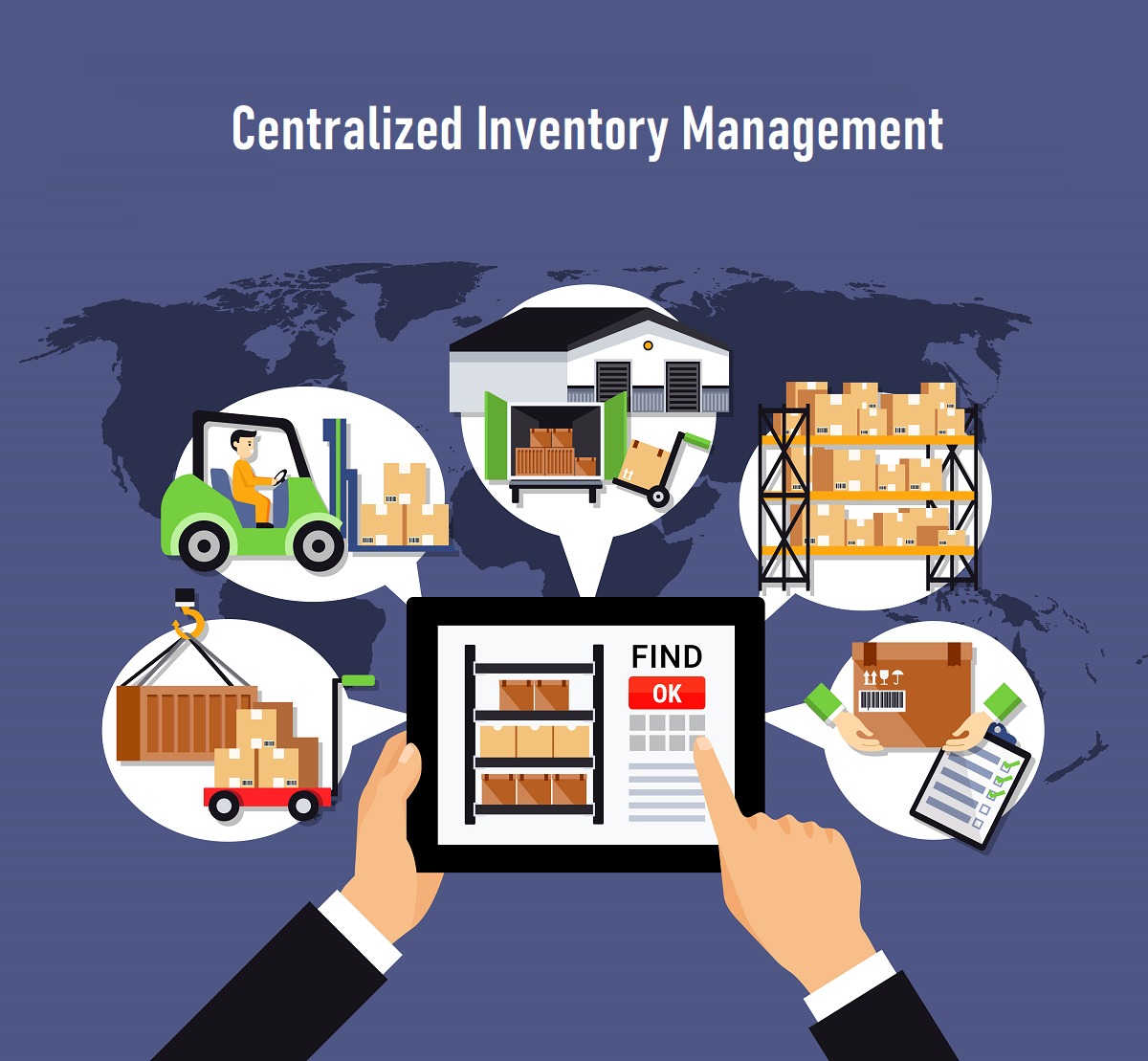
How to Keep Track of Expenses and Profit?
As a business owner, keeping track of your expenses and profit is essential to understand your financial performance and make informed decisions about your business. Properly tracking your finances can help you identify areas for improvement, stay compliant with tax laws and regulations, and avoid cash flow problems. In this article, we will discuss the […]
Read More
How Do Small Businesses Organize Their Inventory?
Inventory management is a critical aspect of running a successful small business. Properly organizing inventory can help businesses optimize operations, reduce waste, and improve profitability. However, for many small business owners, inventory management can be a daunting task. In this article, we will explore how small businesses can effectively organize their inventory using a variety […]
Read More
10 Reasons to Consider Cloud-Based Inventory Management
Cloud-based inventory management refers to the use of software applications that are hosted on remote servers and accessed over the internet to manage inventory data and related processes. This approach to inventory management eliminates the need for businesses to maintain their own hardware and software infrastructure and allows for real-time data accessibility from anywhere with […]
Read More
Mastering Service Inventory Management: Best Practices for Businesses
Service inventory management is the process of managing the availability and delivery of services to customers. It involves overseeing the inventory of resources, such as staff, equipment, and materials, needed to provide the services, as well as ensuring that the services are delivered efficiently and effectively. In service-based businesses, the inventory of resources is intangible […]
Read More
Managing Inventory Rotation: Best Practices for Reducing Waste and Improving Efficiency
Inventory rotation, also known as stock rotation, is a process in which products are moved through a business in a way that ensures the oldest products are sold or used first. This practice is particularly important for businesses that deal with perishable goods, such as food or medicine, as well as for businesses that have […]
Read More
The Benefits of Centralized Inventory Management
Centralized inventory management is a system in which inventory data and control is managed from a central location, such as a head office or a central warehouse. In a centralized inventory management system, all inventory data is collected, analyzed, and managed from a central location, allowing for better control and coordination of inventory levels, as […]
Read More
Decentralized Inventory Management: Benefits, Challenges, and Implementation
Decentralized inventory management is a system where inventory data is distributed across multiple nodes or locations instead of being stored in a central database. This means that each node or location maintains its own copy of the inventory data, and any changes made to the data are propagated across the network in real-time. This system […]
Read More
Inventory Aggregation – What Is It, Benefits, and Implementation
Inventory aggregation is the process of collecting data from multiple sources and consolidating it into a single view. This can be done for a variety of purposes, such as improving inventory visibility, reducing inventory costs, and improving customer service. How Does Inventory Aggregation Work? Inventory aggregation refers to the process of consolidating and combining inventory […]
Read More
Inventory Journal Entries: Importance and Best Practices
An inventory journal entry is a type of accounting entry that is used to record transactions related to a company’s inventory. It is a record of the movement of inventory items in and out of the company’s possession, as well as any adjustments made to the inventory account. Inventory journal entries are essential for keeping […]
Read More
Inventory Management Questions and Answers
Inventory management is a crucial aspect of any business that deals with physical goods, from retail stores to manufacturing companies. Effective inventory management helps businesses optimize their stock levels, reduce costs, and meet customer demand. However, inventory management can be complex and challenging, requiring businesses to make strategic decisions about inventory planning, forecasting, ordering, and […]
Read More